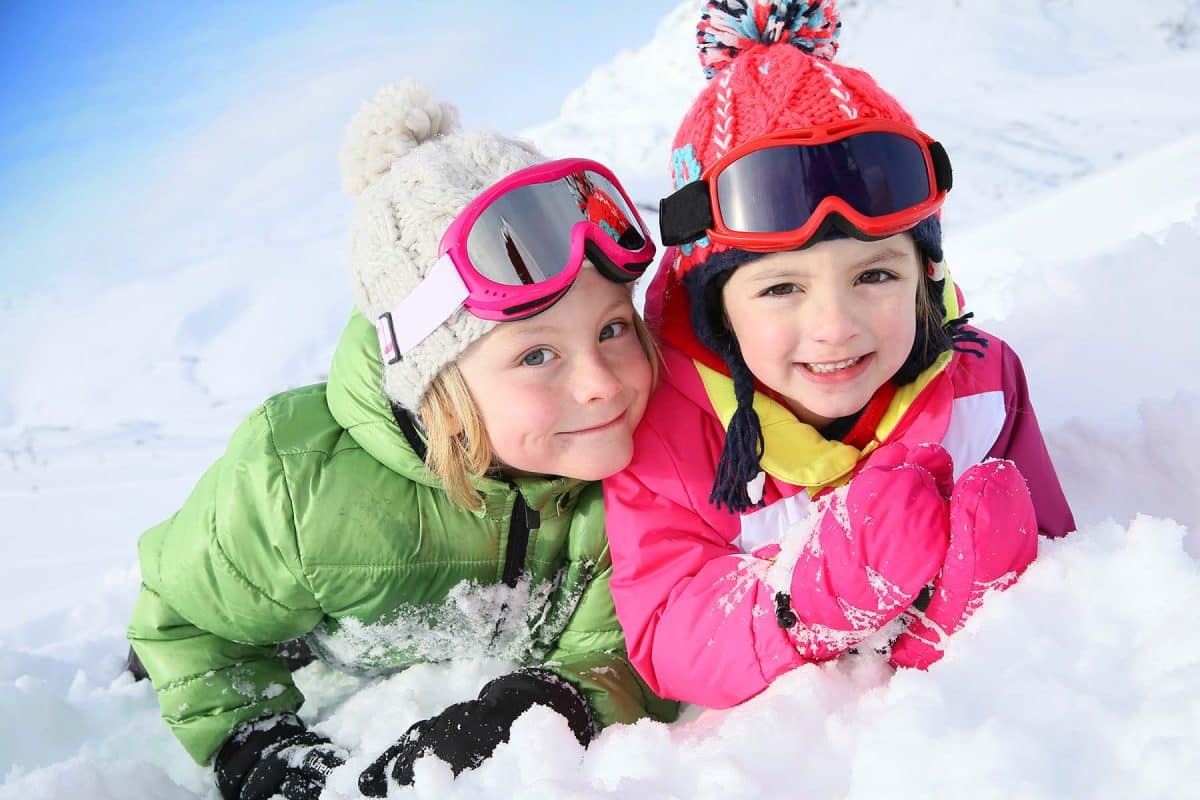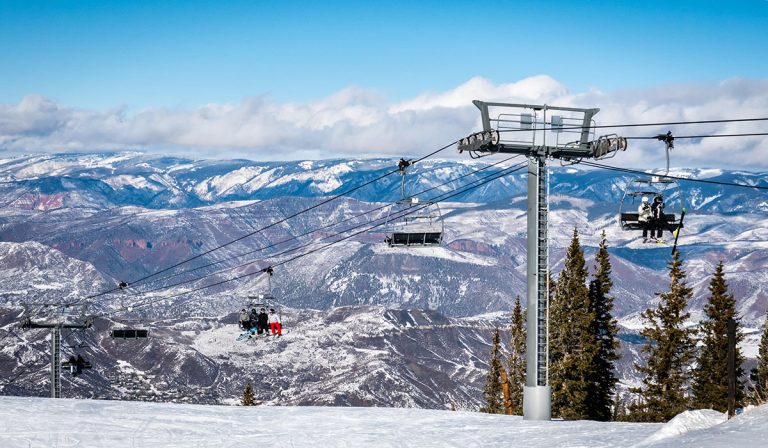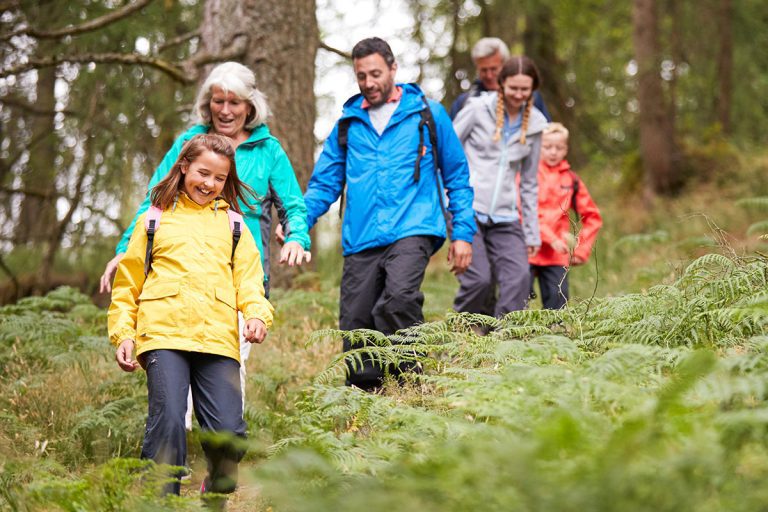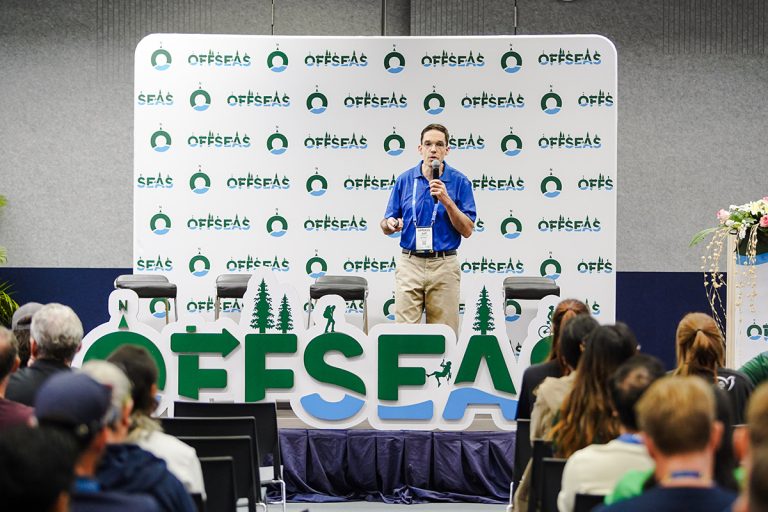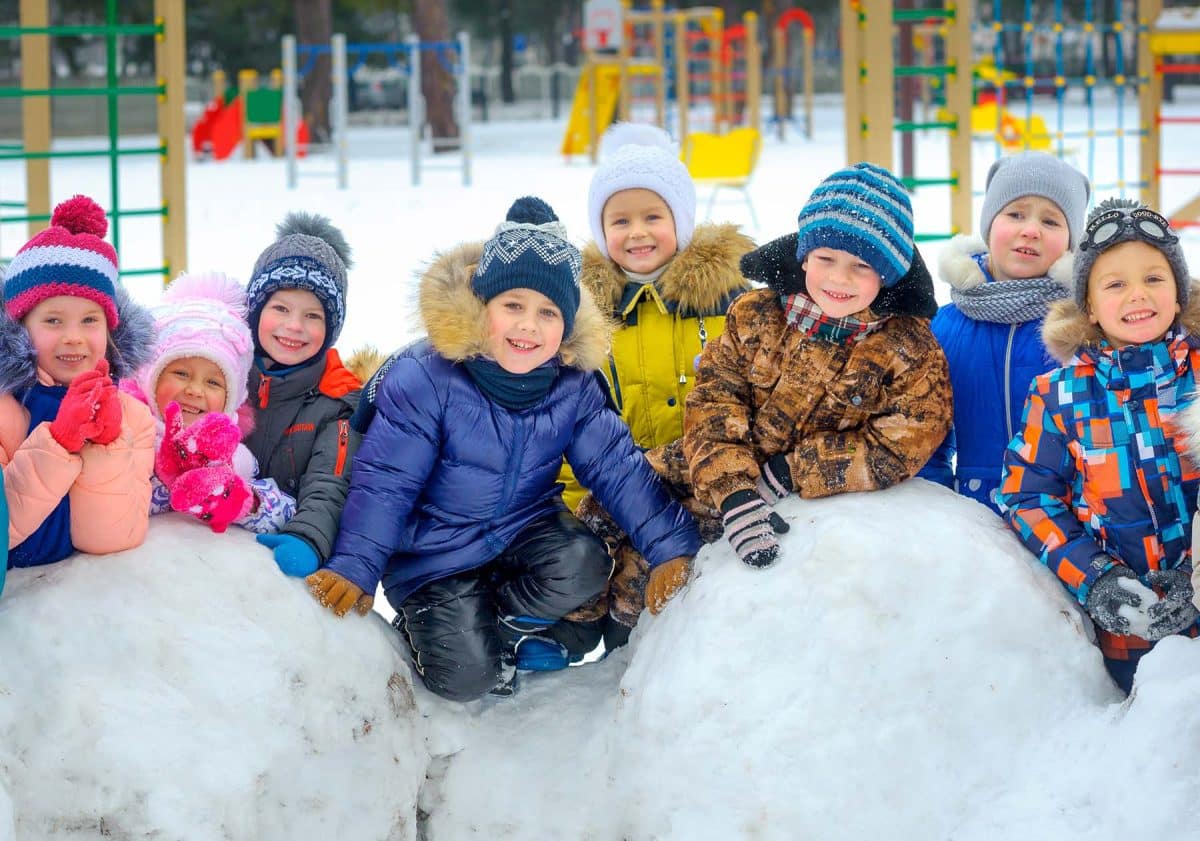
Viristar has submitted comments in support of Outdoor Nature-Based Preschool in Maryland USA, where the state government is finalizing regulations that would formally approve and license outdoor preschools that meet certain safety and quality standards.
Viristar used its expertise in good risk management practice for outdoor education programs to advocate for nature-based preschools, with the appropriate safety measures in place, to be able to operate when the wind-chill factor indicates caution is advised for outdoor play.
Outdoor Nature-Based Preschools: The Growth of Licensing in the USA
Outdoor preschools, sometimes in wooded regions called “forest school,” are increasingly recognized by state governments in the USA as a valuable and effective early childhood education and childcare service.
Government bodies recognize the need to identify minimum standards for safety and quality for these programs.
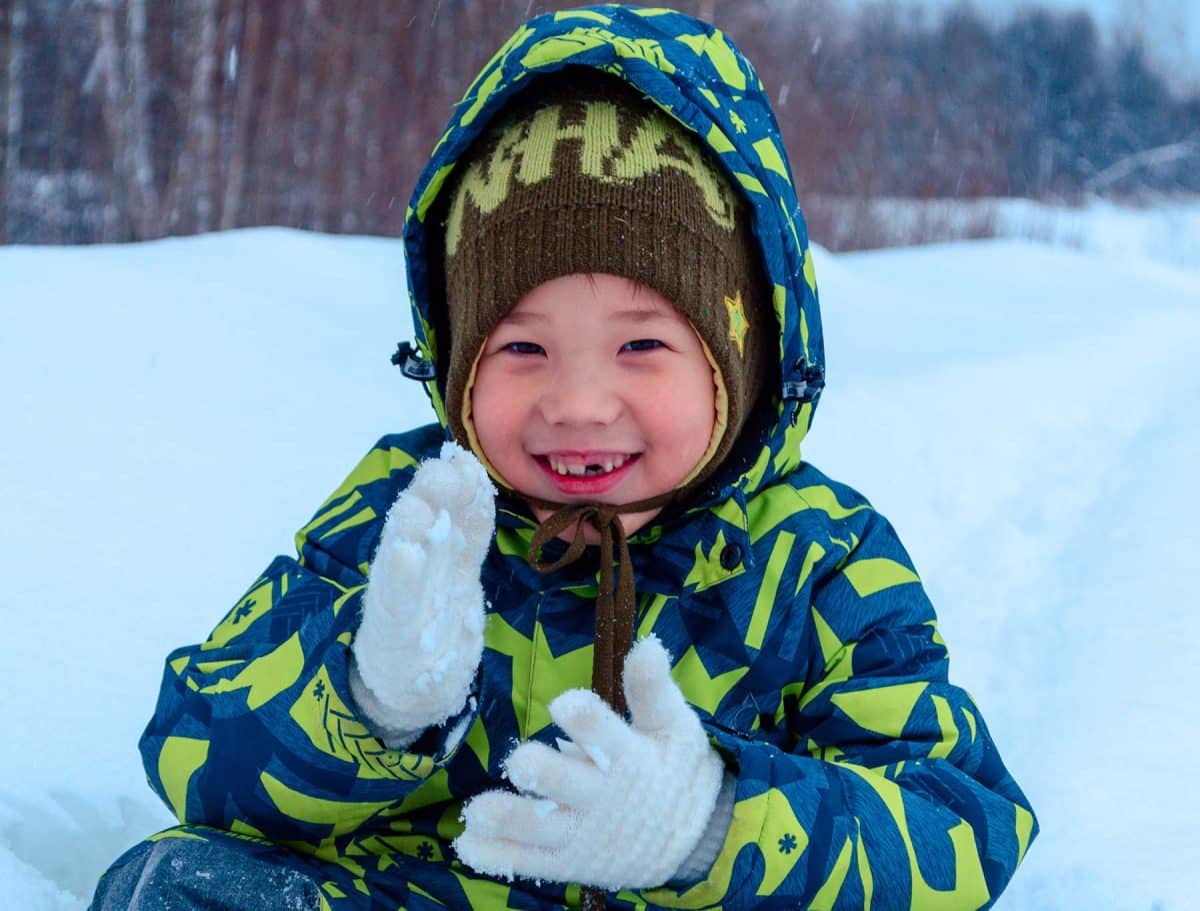
The states of Washington, Oregon, New York and Colorado award licenses to outdoor preschools that meet established state-level standards.
The state of Maryland’s current licensure system allows child care programs for preschool-age students to conduct outdoor activities only if they have an indoor space as well. The state is now drafting regulations for a small-scale pilot program to permit organizations to run pre-schools that take place exclusively outdoors. If the pilot project is successful, the program can be expanded and made permanent.
The draft regulations require outdoor education programs for young children to cease operations when the wind-chill factor is -1 degree Celsius (30 degrees Fahrenheit) or less. (This equates to the yellow “caution” band in the state Department of Education’s Child Care Weather Watch wind-chill chart.)
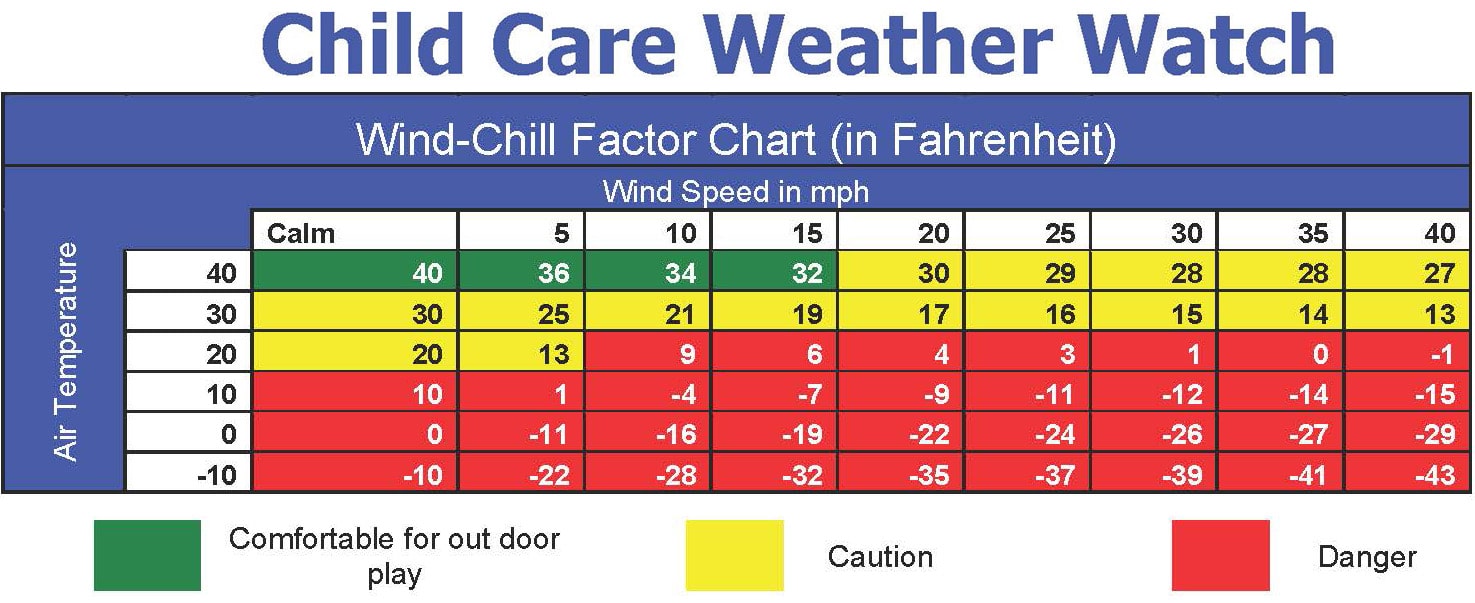
Programs would be prohibited from operating when the air temperature is 4 degrees C (40 F), when the wind speed is 32 kph (20 mph) or higher.
This conservative safety requirement, however, is not in line with outdoor nature-based education and child care safety regulations elsewhere, such as in Washington state, which permit operations at -7 C (20 F).
Impact of Cold-Weather Closure
Advocates for outdoor education for young children in Maryland raised concerns about weather-related school cancellations, including:
- The loss of opportunities to learn, due to repeated closures
- Disruptions in access to reliable child-care, particularly for lower-income families
- Unstable employment for early childhood educators in the face of frequent closures, harming recruitment and retention
- Perpetuating inequity, as, low-income families are disproportionately harmed by weather-related closures, as last-minute alternatives are often unaffordable
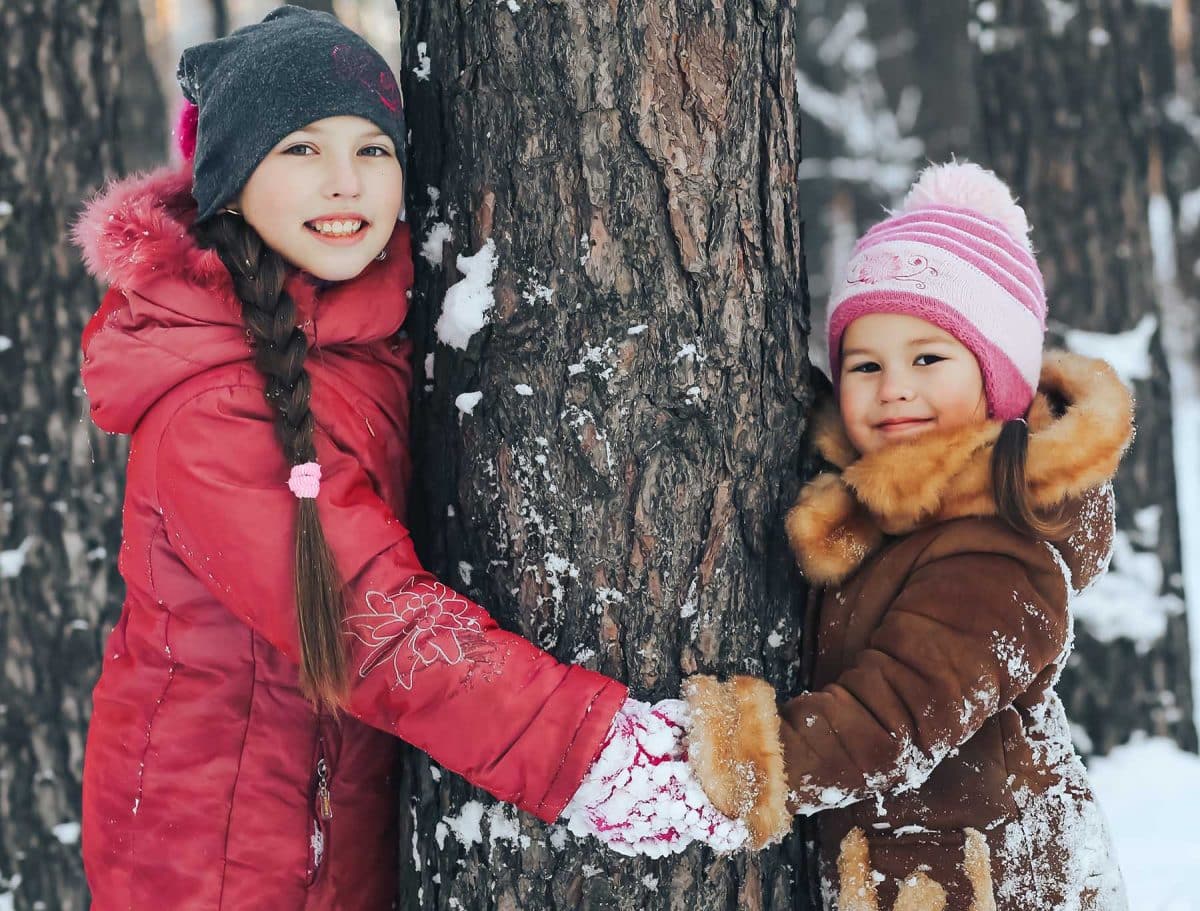
Viristar’s Advocacy
Viristar submitted comments to the Maryland State Department of Education (MSDE) recognizing the benefits of high-quality, reliable, outdoor education for young children, and affirming the many positive elements in the proposed licensing scheme.
Viristar noted the regulation’s safety requirements, including those regarding wilderness first aid training, daily site inspections, emergency communications, weather-appropriate clothing, written safety procedures, risk communication, and inclement weather.
In consideration of these measures, Viristar recommended that the draft regulations be amended to permit operations at -1 C, and when the wind chill factor is in the state’s yellow “caution” band.
Viristar’s staff bring direct experience to considerations emergency care, outdoor safety, and outdoor preschool, including having led outdoor learning activities at -30 C in Finland, directed the operations of an Idaho-based forest school and the National Outdoor Learning Alliance, served on the Washington State Governor’s Council on Environmental Education, conducted search and rescue missions in North America and Asia, provided 911 ambulance-based prehospital patient care, and led wilderness first aid trainings since 1997.
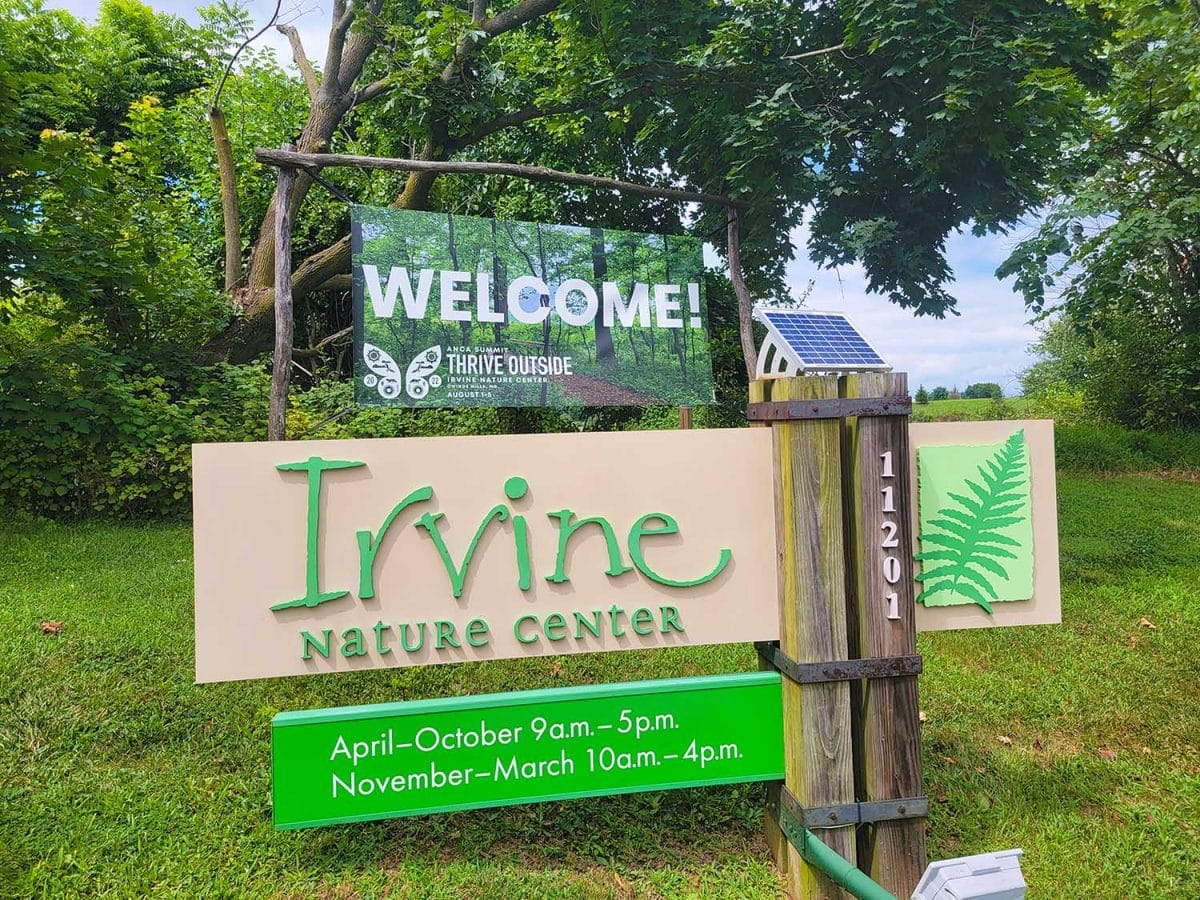
Outdoor Experiential Education at 30 below
Viristar provided context for its judgment, noting that one of its current consulting clients is a new school board in the Canadian Yukon, which serves K-12 children in sub-artic and arctic settings, where Viristar is developing safety practices for the schools’ experiential education land-based activities.
Viristar noted that the district has a strong emphasis on providing land-based outdoor learning experiences for their learners. Schools in the district regularly take young children into the out-of-doors when the temperature is 25 degrees below zero, or colder. There is no such thing as a snow day. Kids will participate in outdoor camp experiences throughout the year, even at 30 below, and will continue to come to school even when temperatures drop to 60 below zero (though outdoor activities are curtailed at that temperature).
Viristar shared with MSDE that schools in the Yukon district—which are often in remote villages, and which face substantial economic and resource constraints, and limitations to access to emergency services, not faced by Maryland schools—have many years of experience in providing valuable educational programs in the out-of-doors for young children at these cold temperatures. They, like the programs in MSDE’s outdoor preschool pilot program, have a set of risk management practices to help ensure that kids can continue to experience the benefits of outdoor learning throughout the winter.
Because of examples like this, including with other nature-based preschools in Europe, and particularly Scandinavia, in its friluftsliv movement, where modern-day forest schools originated and developed over the last more than 70 years, and in Canada and the UK, where young kids are active outdoors in freezing weather, Viristar recommended increasing the accessibility and reliability of Maryland’s nature-based preschools in wintry conditions.
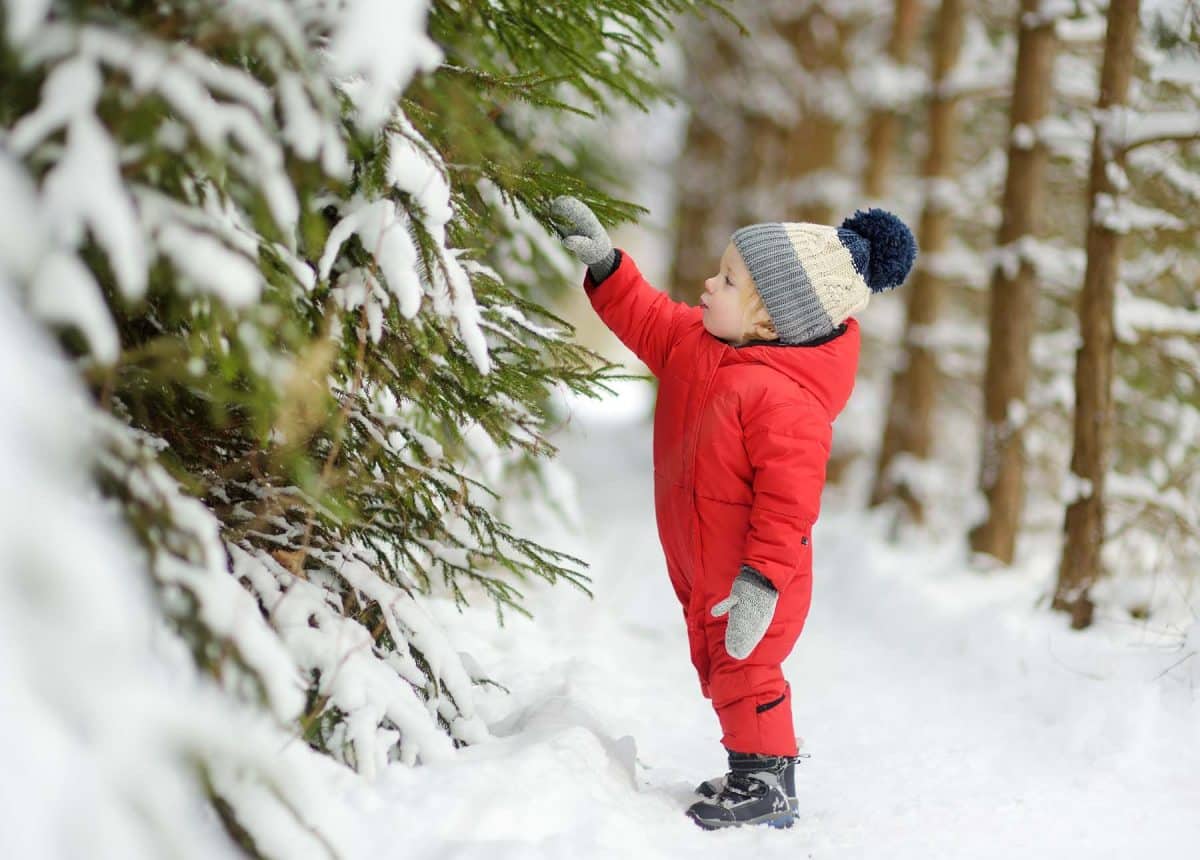
Why Regulate Outdoor Education?
Well-written, appropriately enforced regulation can help ensure that outdoor education programs and organizations encouraging “risky play” meet reasonable minimum standards for safety and quality, in a way that balances risk management with the need for financial sustainability and affordability.
Crucially—and unlike voluntary industry-developed standards—regulations require conformance to their requirements, which helps ensure that operators with poor safety and quality practices must improve in order to continue operating.
There are also important benefits regarding equity and inclusion.
In the USA, when nature preschools or forest kindergartens are licensed, this can permit them to offer government-based financial assistance to deserving families. This helps make these programs accessible not just to well-off families, but those who are low-income and who have been systemically disadvantaged or who have faced multi-generational barriers to opportunity.
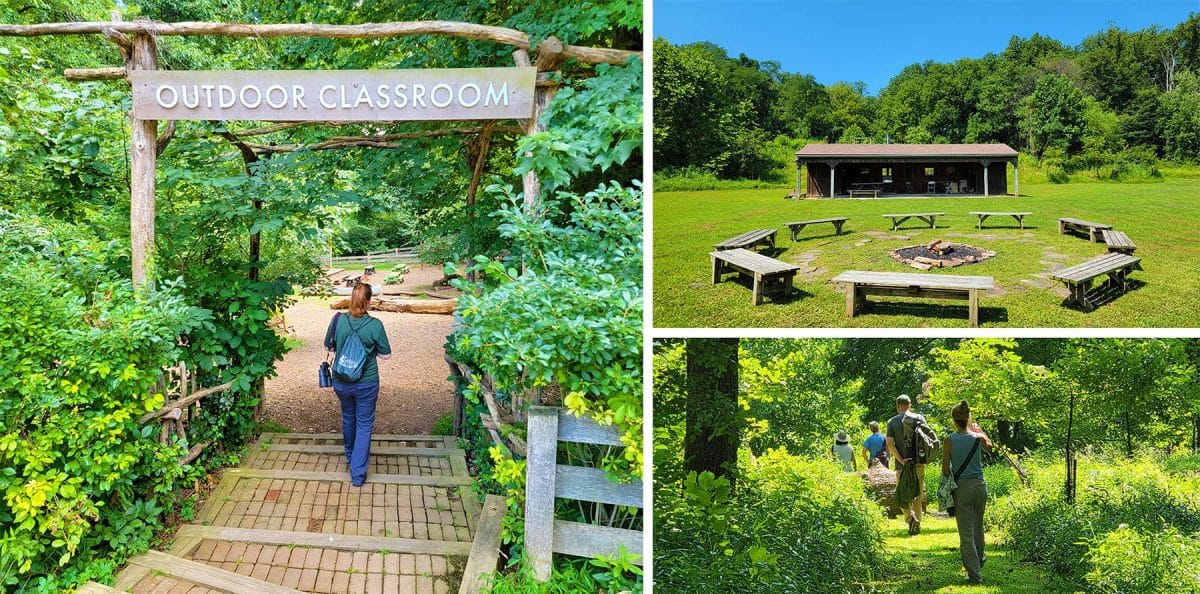
Viristar and Advancing Outdoor Education
Viristar has worked with government bodies across the USA and around the world to support quality and safety in outdoor and adventure-based learning programs. Viristar staff have:
- Provided risk management reviews (safety audits) to outdoor schools across Oregon USA, and offer training and risk management resources to some 50 outdoor schools in the state-wide network, through a contract with Oregon State University, which administers funding for the state-wide outdoor school program
- Advised the Japanese government on adventure safety regulation
- Written adventure safety regulation for the eastern European nation of Georgia
- Provided risk management training to Singapore government personnel from both the Ministry of Education and the Ministry of Culture, Community and Youth
- Provided outdoor safety training to school district personnel, school leaders and others in over 70 countries on six continents
Viristar believes in the power of high-quality outdoor experiences to provide life skills, fun, character development, environmental appreciation, academic achievement, team skills and more. We look forward to continuing to collaborate with government leaders and outdoor sector professionals to continue to bring the benefits of outdoor experiences to youth and adults around the world.
